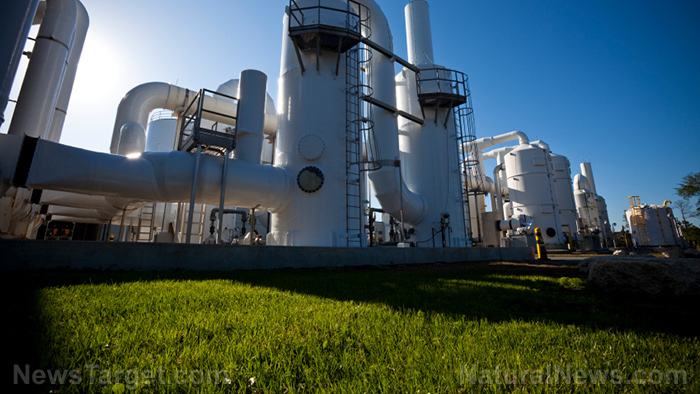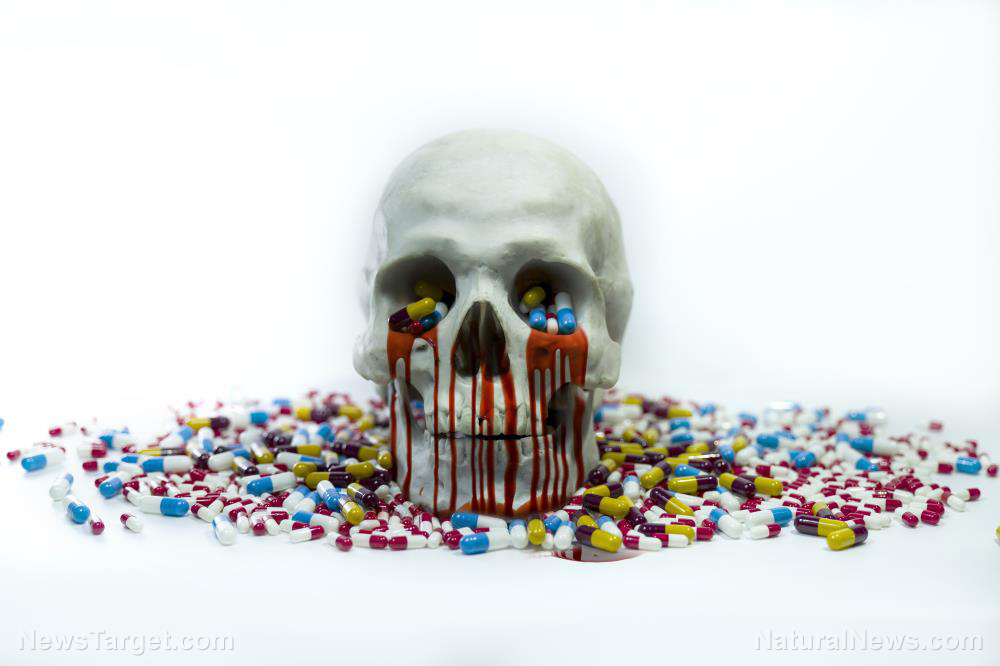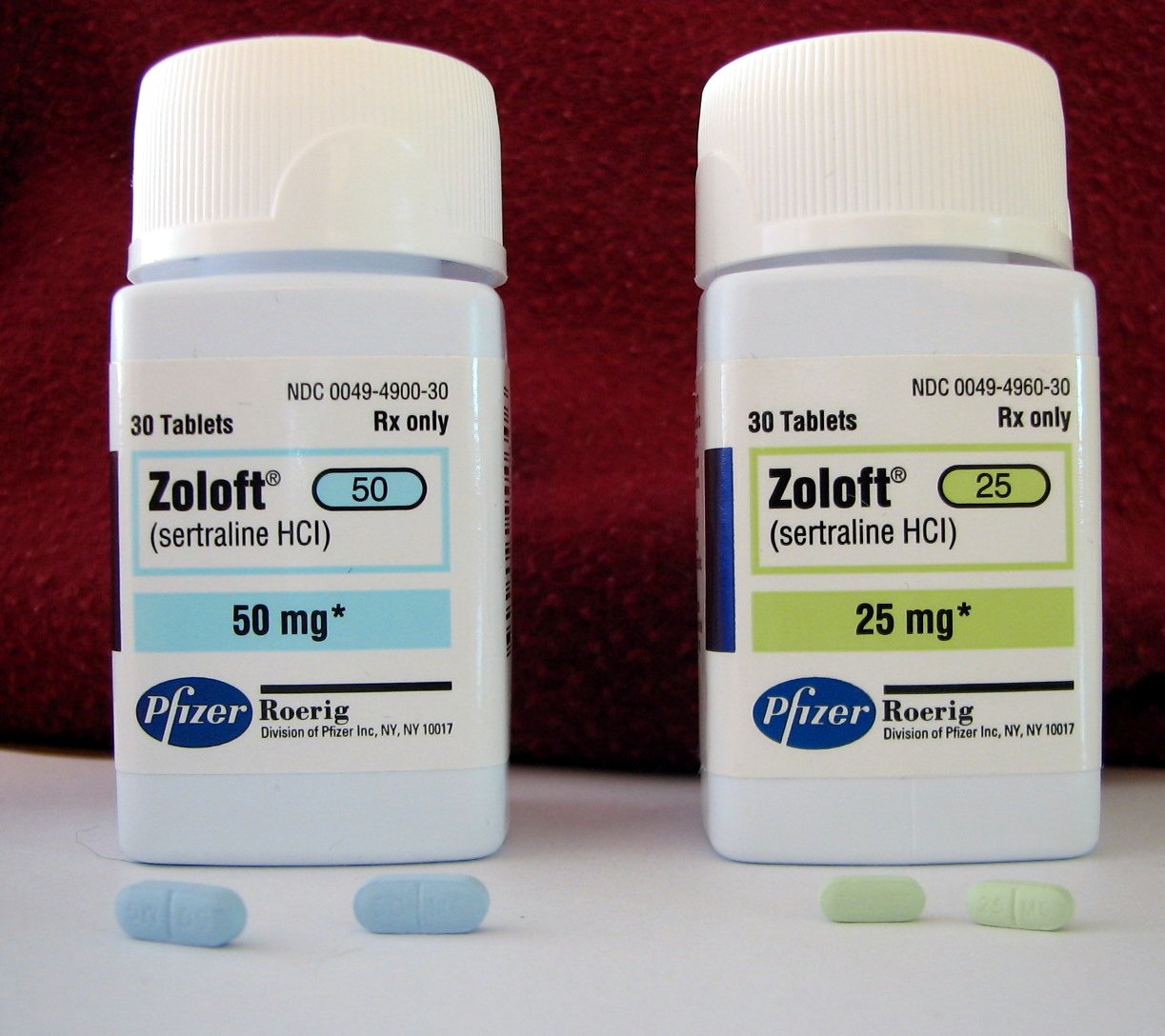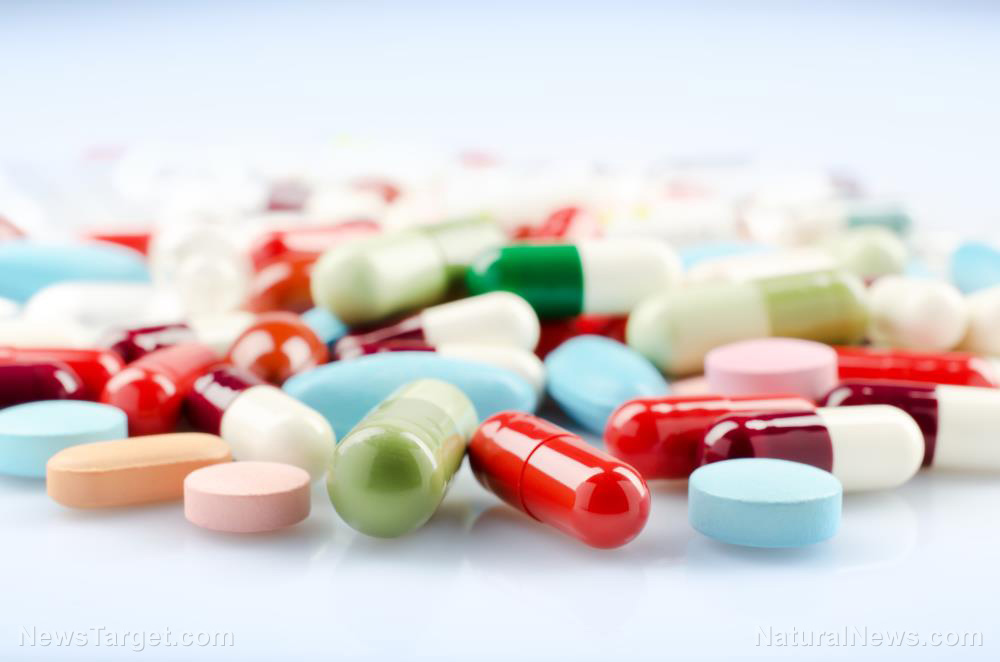
The fibers are the brainchild of a research team led by Professor Vinod Kumar Gupta of the University of Johannesburg (UJ). They enable a cheap and effective way to remove drugs from recycled water and wastewater.
"Existing processes that can remove Diazepam and other drugs at large scale from wastewater are expensive, time consuming, inefficient, or all three," warned Professor Gupta.
"Some also consume a lot of energy in multiple steps, or use toxic and hazardous compounds unfriendly to the environment," he added.
According to the professor, the partial solubility and minuscule particle size of Diazepam allows it to evade traditional means of filtration. Its removal requires new hybrid nanomaterials that specifically target it.
Toxic amounts of Diazepam in untreated and treated wastewater
Diazepam is a psychoactive drug that alters the thoughts and feelings of a person. Originally marketed as Valium, more than 500 brands of it are now available worldwide.
It belongs to the benzodiazepine class of drugs, which serve as anticonvulsants and anti-epileptics, as well as treatment for anxiety disorders and terminally ill people. The World Health Organisation (WHO) considers them to be essential medicines.
Due to its addictive properties, Diazepam has become a commonly abused prescription drug. This widespread use and abuse led to its increasing presence in freshwater and wastewater.
In 2017, the Rio de Janeiro State University (UERJ) analyzed the presence of psychoactive drugs – including Diazepam and other benzodiazepine – in the aquatic environment.
The study determined that similar types and levels of drugs can be found in both treated and untreated wastewater. Furthermore, analysis of surface water showed toxic levels of psychoactive drugs like Diazepam.
According to the UERJ researchers, the levels are worse in lower-income countries. (Related: Green leafy vegetables irrigated with wastewater may contain high levels of toxic heavy metals.)
New titanium dioxide nanofibers can filter Diazepam and other drugs from wastewater
The world's supply of fresh water cannot keep up with the demand of urbanization and booming populations. Cities like Cape Town in South Africa are faced with dwindling amounts of water in their dams and reservoirs.
As fresh water becomes more scarce, more cities are considering recycling wastewater to fill the gap. Low volumes of treated wastewater can be added to the local water supply.
The UJ-developed nanofibers promise a low-cost yet effective way to filter out toxic chemicals such as pharmaceuticals.
The titanium dioxide nanofibers target Diazepam and related drugs during the photocatalytic decomposition process. Filters comprised of these fibers can be installed in treatment plants to catch pharmaceuticals.
"Implementing this water treatment in municipal wastewater treatment plants should be relatively quick and simple," claimed Professor Gupta.
According to co-author Dr. Ali Fakhri from Islamic Azad University, the hybrid nanomaterials can remove noxious pharmaceutical and other inorganic and organic impurities.
"We use a modified hydrothermal manufacturing method, which produces a dense chain network of hollow fibers. The fibers are cross-linked and stable, so there is low risk for fibers to be emitted in the purified wastewater," he explained.
According to Dr. Fakhri, the nanofiber structure can be modified to target organic pollutants – such as industrial dyes – in the future.
"The process to make the fibers is also simple and cost-effective," said Gupta.
His team is planning to build a pilot plant at the University of Johannesburg, which will be followed by a demonstration wastewater treatment plant.
Find out more about the importance of water filtration technology at WaterFilters.news.
Sources include:
Please contact us for more information.























